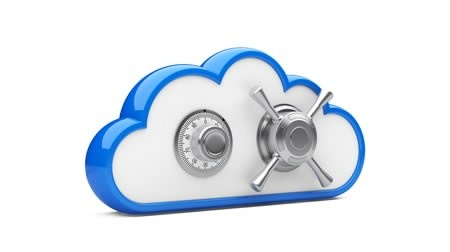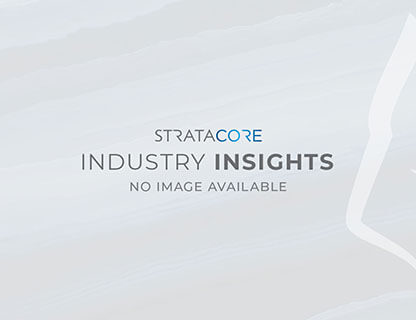 Routine cloud security not enough when you deal with health care and the myriad privacy issues inherent in the industry. Cloud technology has had perhaps as great of an impact on medical care as any other medical breakthrough: it has greatly expedited communications and has made administrative tasks much more efficient. However, these changes carry their own challenges when extremely high levels of privacy are mandated.
Routine cloud security not enough when you deal with health care and the myriad privacy issues inherent in the industry. Cloud technology has had perhaps as great of an impact on medical care as any other medical breakthrough: it has greatly expedited communications and has made administrative tasks much more efficient. However, these changes carry their own challenges when extremely high levels of privacy are mandated.
In this era of health care cloud computing, medical professionals must see to security measures that keep information confidential while also following the specific guidelines established by government regulation.
Health care-friendly cloud technology
Industry regulations provide a framework for the goals of cloud security in health care; these are comprised by the Health Insurance Portability and Accountability Act (HIPAA). Operating in the cloud securely and legally under HIPAA includes satisfying the following requirements:
- Encrypted data. The industry standard practice for data in the cloud requires encryption. Not only does this help ensure safe data transmission, but it also protects a business from facing monetary penalties in many instances.
- Containing and acting upon possible attacks. Cloud solutions should help health care organizations respond effectively to any security breaches and should provide actionable plans for response.
- Network management. Your business needs a secure system for users to access the cloud under their own individual accounts. There should be an appropriate control panel to monitor security.
- Effective oversight of all devices. Whether your business uses only a dedicated set of devices or allows for a variety of tablets and phones, you need cloud security to safely transmit data between users.
- Network security. Administrators must be able to manage APIs (application programming interfaces) and user accounts within a secure infrastructure with protection against spyware or other security attacks.
The importance of encrypted data
Whenever data is in use, encryption offers the best chance at preventing leaks and hacks. Even when dormant, unencrypted data can be attacked. Due to the sensitivity and special considerations of health care data, it’s best not only to encrypt all data but also to leverage the latest encryption technologies that go a step further.
Networks can be better protected by the two-key system of split-key encryption. This involves one element of security that rests in the cloud and another element managed by the business’s infrastructure. Even if one layer becomes exposed, someone attempting to access the data illegally would still need to access the other encryption key, making a security failure far less likely.
Safe harbor clause
Some excellent news that should help organizations rest easier regarding their cloud security is the “Safe Harbor” clause of HIPAA. This part of the law essentially provides liability protection in the case of a security loss if the organization has demonstrated that it has taken all available actions to protect the cloud. The fallout of a security failure becomes greatly lessened if you are employing all reasonable security measures that you can.



